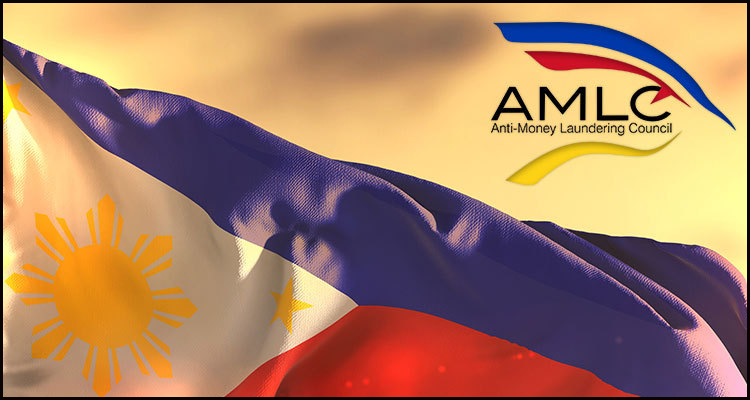In the Philippines and the nation’s anti-money laundering watchdog has reportedly called for stricter regulation of licensed iGaming firms and their utilization of often unregulated and unsupervised service providers.
According to a report from Inside Asian Gaming, there are 59 entities holding a Philippine Offshore Gaming Operator (POGO) license with these enterprises said to be relying on some 218 service providers for a range of facilities including online casino software and streamed content.
Insufficient attention:
The Philippines’ Anti-Money Laundering Council (AMLC) has now reportedly used an official risk assessment to declare that these POGOs often exhibit ‘a low level of awareness’ when it comes to money laundering and other fraudulent activities such as the financing of terrorism. The appraisal also purportedly determined that the current iGaming licensing system should be ‘re-evaluated’ as it presents ‘an increasing level of threat’ due to operator reliance on these often foreign-based service providers.
Illicit exposure:
According to the source, the nation’s iGaming sector is regulated by the Philippine Amusement and Gaming Corporation (PAGCor) but that the watchdog’s examination had identified a number of shortcomings in the current supervisory regime. These had purportedly included a repeated lack on the part of POGOs to employ local agents and individuals tasked with ensuring their compliance with anti-money laundering directives.
Certification shortfall:
The AMLC reportedly detailed that its enquiry had involved  on-site compliance checks that had habitually moreover found a ‘high number of unregulated or unsupervised service providers’ as these firms are ‘merely accredited and not licensed by PAGCor.’
on-site compliance checks that had habitually moreover found a ‘high number of unregulated or unsupervised service providers’ as these firms are ‘merely accredited and not licensed by PAGCor.’
Reportedly read a statement from the AMLC…
“Because the use of gaming accounts is not closely regulated by POGOs, the level of anonymity is high. Thus, accounts may be used for money laundering and fraudulent activities.”
Authority advice:
GGRAsia used a Tuesday report of its own to explain that the Philippines watchdog called for the local iGaming industry to institute workshops and training schemes so as to increase levels of employee compliance and supervision when it comes to anti-money laundering observances. The AMLC furthermore recommended that the government should re-examine how it supervises POGOs with a particular focus on its powers of enforcement and consider placing any entity that supplies services to an iGaming firm under the ‘company service-provider sector definition’ of the nation’s Anti-Money Laundering Act of 2001.
Reportedly read the AMLC’s statement…
“The study serves as a tool to inform stakeholders on the risks to money laundering of Internet-based casinos and to guide decision-makers in crafting policy initiatives.”



